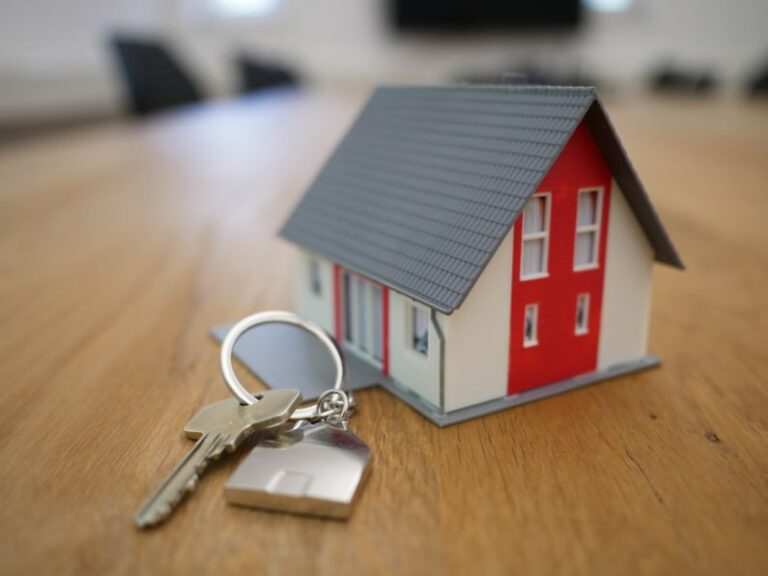
Evaluating the True Value of a Property
When it comes to buying or selling a property, determining its true value is crucial. Whether you are a seasoned real estate investor or a first-time homebuyer, understanding how to accurately assess the worth of a property can help you make informed decisions and avoid costly mistakes. In this article, we will delve into the key factors to consider when evaluating the true value of a property.
Market Analysis
Before diving into the specifics of a particular property, it is essential to conduct a comprehensive market analysis. Understanding the current state of the real estate market in the area where the property is located can provide valuable insights into its potential value. Factors such as supply and demand, economic trends, and local amenities can all influence property prices. By staying informed about market conditions, you can better assess the true value of a property.
Location, Location, Location
The age-old adage “location, location, location” holds true when it comes to evaluating the value of a property. The location of a property can have a significant impact on its worth. Proximity to amenities such as schools, shopping centers, parks, and public transportation can increase property value. Additionally, factors such as crime rates, school districts, and future development plans in the area can also influence the value of a property. When assessing a property, consider its location and how it compares to other properties in the area.
Property Condition
The condition of a property is another crucial factor to consider when evaluating its true value. A well-maintained property with updated features and modern amenities is likely to command a higher price than a property in need of repairs or renovations. Factors such as the age of the property, the quality of construction, and the condition of the roof, plumbing, and electrical systems can all impact its value. It is important to thoroughly inspect the property and consider any necessary repairs or upgrades when determining its value.
Comparable Sales
One of the most effective ways to determine the value of a property is to look at comparable sales in the area. By analyzing the sale prices of similar properties that have recently sold, you can get a better idea of what the property is worth. Look for properties that are similar in size, age, condition, and location to the property you are evaluating. Pay attention to any differences between the properties that could affect their value, such as additional amenities or recent renovations.
Income Potential
For investment properties, considering the income potential of the property is essential when evaluating its value. Rental properties generate income through monthly rent payments, which can impact their overall value. Factors such as rental demand in the area, vacancy rates, and potential rental income should be taken into account when assessing the value of an investment property. Additionally, properties with the potential for future appreciation or development can offer long-term value to investors.
Negotiation Skills
Finally, having strong negotiation skills can be a valuable asset when evaluating the true value of a property. Whether you are buying or selling, being able to negotiate effectively can help you secure a better deal. Understanding the factors that influence the value of a property and being prepared to make a compelling case can give you an advantage in negotiations. By being confident in your assessment of a property’s true value, you can negotiate with confidence and achieve a favorable outcome.
In conclusion, evaluating the true value of a property requires a comprehensive analysis of various factors, including market conditions, location, property condition, comparable sales, income potential, and negotiation skills. By considering these key factors, you can make informed decisions when buying or selling a property and ensure that you are getting the best value for your investment.





